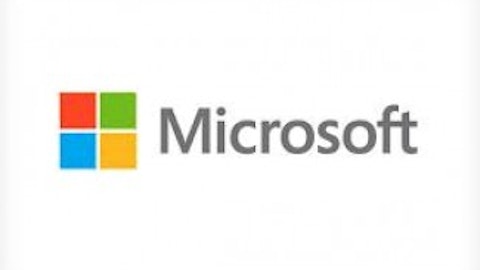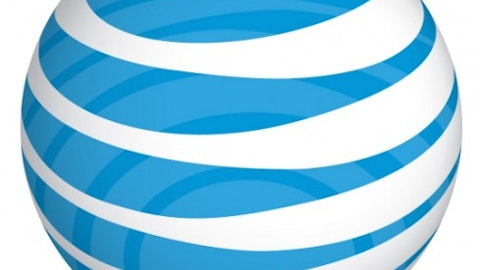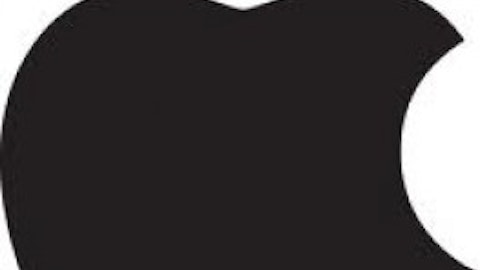Industry talk
The ever growing market for Google Inc (NASDAQ:GOOG)’s Android is slowly facing the unmitigated but expected drop. The decrease in Samsung’s valuation by almost 5% since the company released its June quarter results was a shocker. From Street expectations of earnings of 10 trillion Won, Samsung managed only 9.5 trillion Won with an estimate of 74 million smartphone shipment, less than the expected 76 million.
The S4, with a lower than expected shipment rate, faced flack not only from other devices, but also from Samsung’s own S4 mini. S4 mini with its lower margins brought about the market paranoia that even giants such as Samsung are also being affected by cheaper alternatives. This has forced the company to roll out cheaper versions of its flagship phones and compromise on margins. Going forward the street should expect margins to slip in the smartphone industry, but that should not have an impact on Android.
Google Inc (NASDAQ:GOOG)‘s end game is to get maximum users relying on its products for their day to day lives. The company provides Android free of cost to manufacturers primarily because of the fact that this mobile operating system as a whole does not contribute much in terms of revenue. Rather, it’s the user data that the operating system collects that matters. At the end of the day, advertisements is what drives this giant company. As long as Android phones keep increasing in number, Google shouldn’t be bothered by which company is making more margins by using its product.
The ray of hope
This quarter has established for a fact that a comeback in the smartphone industry will not be a cake-walk as BlackBerry investors had hoped. While the offerings of BB10 devices are excellent in terms of their hardware and other exciting features, they need to be cautious of the exceedingly fierce competition also coming up with new hardware and devices.
Samsung’s Android loaded S4 has garnered a lot of attention and is currently the highlight of the smartphone sector. Adding quantity to its competition, the company has also launched a mini version of its S4 devices. The shares of Samsung have declined, primarily due to missing high market expectations, but if BlackBerry plans to compete with Samsung, Nokia and Sony in the emerging markets it will have to compete on price and hardware capability.
The sole alternative is lower margin rates and deeper focus of projecting self as a high margin service based company. Variants in the BlackBerry services offered in the emerging markets will be an apt move. Though the company has shown its willingness to license its BB10, it’s too soon to tell if leading manufacturers will be willing to move away from Android.
The final word
The current quarter may have been slightly dismal for BlackBerry, but it still survives the competition. The shrinking of subscriber base and low BB10 unit shipments appears to be the major concern, despite missing analyst expectations. BlackBerry’s financial health is still pretty good. With the primary focus being on competitive price and hardware capabilities, BlackBerry along with its strategically right concentration on low/medium-end markets, will be able to tap its market. The company should focus on channelling the flow of its customer base and mitigate its deterioration. The objective should be to retain the current investors while restricting the influx of the new investors until BB10 gains some momentum.
Ashley Sales has no position in any stocks mentioned. The Motley Fool recommends Google. The Motley Fool owns shares of Google. Ashley is a member of The Motley Fool Blog Network — entries represent the personal opinion of the blogger and are not formally edited.
The article Is BlackBerry Still Worth the Risk? originally appeared on Fool.com is written by Ashley Sales.
Copyright © 1995 – 2013 The Motley Fool, LLC. All rights reserved. The Motley Fool has a disclosure policy.





